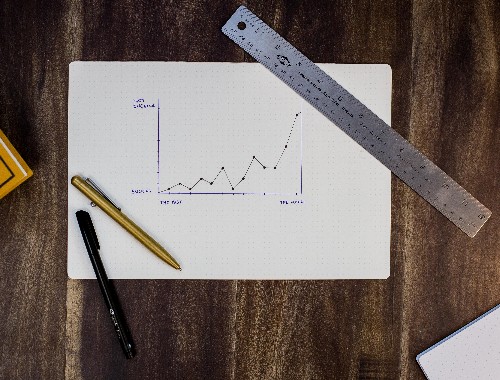February inflation exceeded estimates
China's inflation index exceeded expectations in February because of high food prices. Economists expect it to continue climbing in the coming months.
BEIJING - China's inflation index exceeded expectations in February because of high food prices. Economists expect it to continue climbing in the coming months.
Expectations for the month ranged from 4.6 percent to 4.8 percent.
The consumer price index (CPI), a main gauge of inflation, rose 4.9 percent year-on-year in February, the National Bureau of Statistics (NBS) said on Friday.
That's unchanged from the January figure, but higher than the 4.6 percent registered in December.
Food prices, which account for about 30 percent of the basket, climbed 11 percent from a year earlier and contributed 67 percent to the growth in CPI, according to Sheng Laiyun, a NBS spokesman, on Friday.
"Holidays to celebrate the Chinese Lunar New Year and the Lantern Festival boosted food consumption in the first half of February, which was the main reason that the inflation index remained at a high level," Sheng said.
Food prices surged 3.7 percent compared with January, exceeding the expectations of policy watchers. Vegetable prices increased by 15.2 percent and fruit prices by 8.7 percent from the first month of the year, according to the NBS.
The government has set a CPI target of 4 percent this year. To meet that target, it has raised interest rates three times and banks' reserve requirements five times since October, while also using a series of direct controls to cap price rises.
Zhang Ping, head of the National Development and Reform Commission, said that it is possible the government will employ further tightening policies to stabilize prices.
Liu Shucheng, senior economist at the Chinese Academy of Social Sciences, said CPI will peak in the second half of the year, rather than the first.
"Considering the soaring price of grain and crude oil in the international markets and the quantitative easing policy of the United States, China's CPI will probably exceed 5 percent this year," Liu said.
In February, the Producer Price Index (PPI), which measures factory-gate prices, was 7.2 percent higher than a year earlier, with an increase of 0.6 percentage points from January.
An index measuring manufacturers' purchasing costs rose by 10.4 percent in February because of the rising price of raw materials, the NBS said.
The CPI and PPI numbers indicate that inflationary pressures remain significant and may even be aggravated by the spike in imported commodity prices, the Spanish bank BBVA said in a research note
"During the remainder of the year, we anticipate two more front-loaded 25 basis point interest rate hikes and additional hikes in reserve requirements of at least 50 basis points," said Stephen Schwartz, an economist from BBVA.
JP Morgan Chase & Co said in a research note that "domestic inflation is being transmitted abroad through rising export prices".
Rather than the gradual appreciation of the yuan, the upward pressure on domestic production costs will become the dominant concern for the country's trade sector in the near future, because that may shrink China's share of the global export market, said the note.
-

Quanyou teamed up with the fashion brand ANNAKIKI to launch a new joint product!
-

Outer, an outdoor furniture brand founded by Chinese, enters the Australian market
-

National Bureau of Statistics: The retail sales of furniture in the first three quarters reached 120.5 billion, an increase of 20.7%
-

Enveloping lounge chairs and lightweight office chairs from Arper feature

 沪公网安备31010402003309号
沪公网安备31010402003309号



